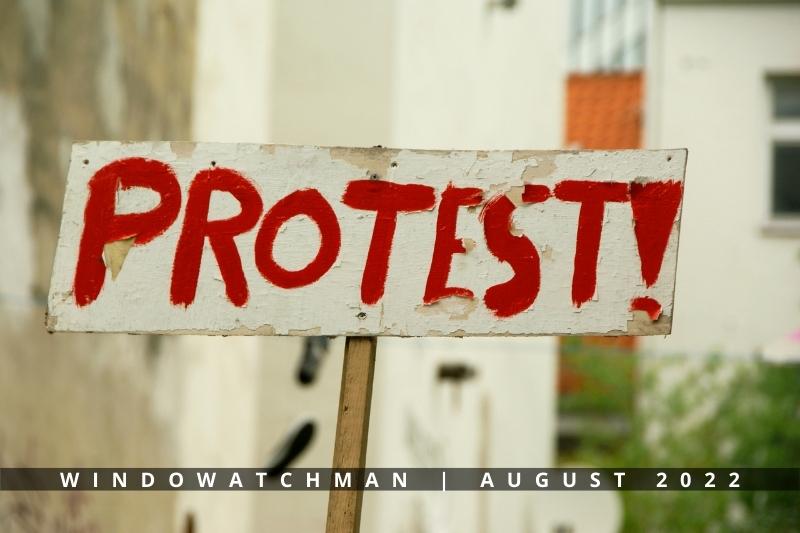July Was a Month of Turmoil in Libya

Population: 6,412,000
Dominant Religion: Sunni Islam
Christian: 3.2%
Persecution Ranking: 4
July was a month of violent protests in Libya. Fed up with self-centered leadership, protesters took to the streets in the capital of Tripoli and other Libyan cities starting July 2. Protesters stormed the parliament’s headquarters and set fire to government buildings including parts of the House of Representatives in Tobruk. They lived in tent cities, hoping to change or remove political institutions and hold new elections. Their goal was to oust all of Libya’s “elites,” some of whom have held power since before the killing of long-term dictator Muammar Gaddafi in 2011.
As expected, their uprising was met with violent resistance from the fragile Libyan government. It was finally dispersed by July 17, but not before it exacerbated power grabs. The Chairman of the National Oil Corporation (NOC) Mustafa Sanallah was replaced by Farhat Bengdara, a powerful banker from the days of Gaddafi. This change might ultimately build ties between Libya’s estranged eastern and western provinces. Libya has been split in two since 2011. But the decision still allows for long-term elitists to maintain power, defying the desires of the July protesters.
One might wonder what is really behind the desire to oust all “elites.” It was attempted during the late 18th century French Revolution and during many Communist revolutions. The result has always allowed for power-mad megalomaniacs to fill the power vacuum. Not surprisingly, such people are usually part of the secondary elite.
What is likely to happen next? The power struggles continue in Libya as people cede power to those from a different clan or political faction. In Libya, each political, economic, and military group wants power and wealth at the expense of all others. When one group is on the outs, they begin the fight to gain power at the expense of those who took power, and the cycle continues. The situation will continue until these Muslims realize they need a servant leader for all of Libya!
SOURCES:
Aljazeera, UN condemns protesters who stormed Libya parliament. July 2, 2022
Middle East Eye, Libya’s rival leaders under intense pressure as protests across country grow. July 2, 2022
Aljazeera, Libya’s elites may unite, but elections still elusive. July 18, 2022

